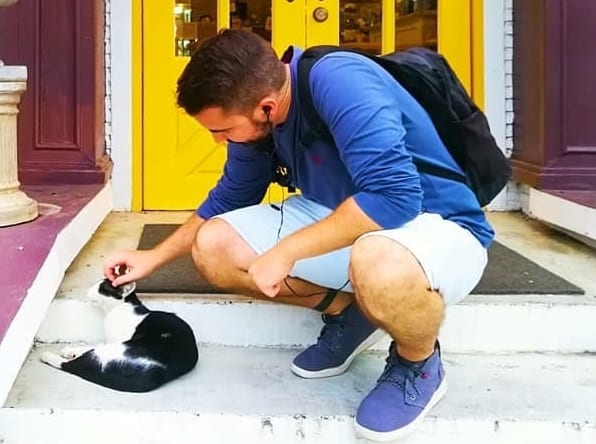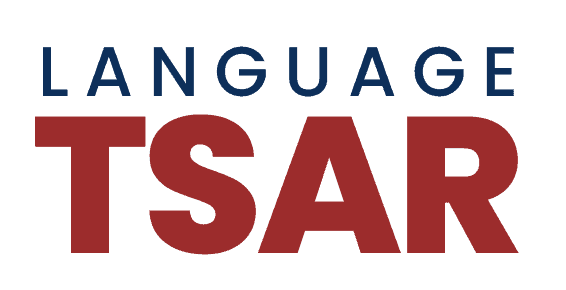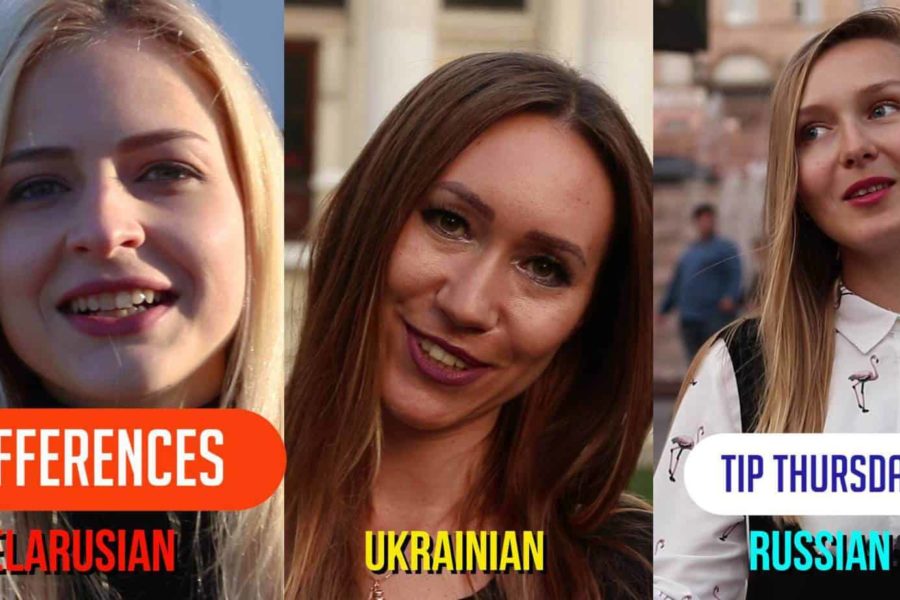I’ve been learning Russian, Ukrainian and Belarusian over the last year and boy has it been interesting to see and hear the differences between these 3 East Slavic languages.
Interested in learning Russian? Read our honest RussianPod101 review.
As you should have noticed from the video, Ukrainian and Belarusian are a lot more similar to each other than they are to Russian.
Both Belarusian and Ukrainian share more vocabulary in common with Polish than with Russian.
As I already speak intermediate Russian, I found the grammar pretty easy to follow in Ukrainian and didn’t spend much time focussing on it.
Instead, the challenge for me was learning the vastly different vocabulary and understanding the slight pronunciation differences between Ukrainian and Russian.
Learning beginners Belarusian was pretty straight forward after Russian and Ukrainian.
The vocabulary in Belarusian was similar to the vocabulary I had learnt in Ukrainian earlier in the year and even better, the spelling in Belarusian is more phonetic than the other two so it was the easiest of the 3 to read. (All use Cyrillic alphabets but this takes just a couple of days to get used to)
If you are learning Russian (or Ukrainian or Belarusian) before you arrive, I recommend trying italki (all languages), Mimic Method (Russian), Vocabooster (Russian & Ukrainian) and Glossika (all languages), to build on these competences.
You can read my full reviews of these language resources here italki, Mimic Method, Vocabooster and Glossika.
Early in 2018, I traveled to Lviv in western Ukraine to learn Ukrainian for a couple of weeks.
Lviv is truly a beautiful city and you can see how my time went in my Lviv winter 2018 video below!
Later at the beginning of the summer, I traveled to Minsk, the capital of Belarus for 10 days of Belarusian language tuition.
It was a bit frustrating that Belarusian is no longer widely spoke in the capital and so I struggled to apply my Belarusian outside of the classroom.
All the same, I had a fantastic time in Minsk and a series a travel vlogs from both summer and later on in the winter of 2018 are almost ready for publication so you can also get a taste of what to expect if you visit Belarus.
A region that does still speak more Belarusian is Grodno and I also was there during the first half of 2018.
I spent a large part of the summer 2018 in Odessa, Ukraine, a city very dear to my heart. Even though the official language of Ukraine is Ukrainian, Odessa remains a predominantly Russian-speaking city.
There I got the chance to practice my Russian for a couple of months and managed to push it on a notch even though I didn’t take any formal classes.

Michael has been an avid language learner and traveler for many years. His goal with LanguageTsar is to discover the most fun and effective ways to learn a language. He is currently learning Japanese, French and Indonesian.



Comments are closed.